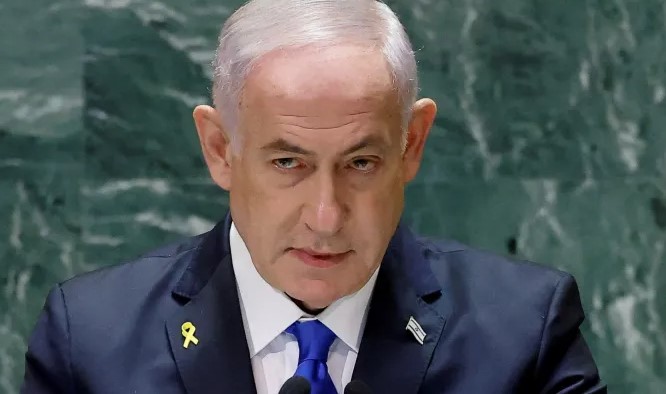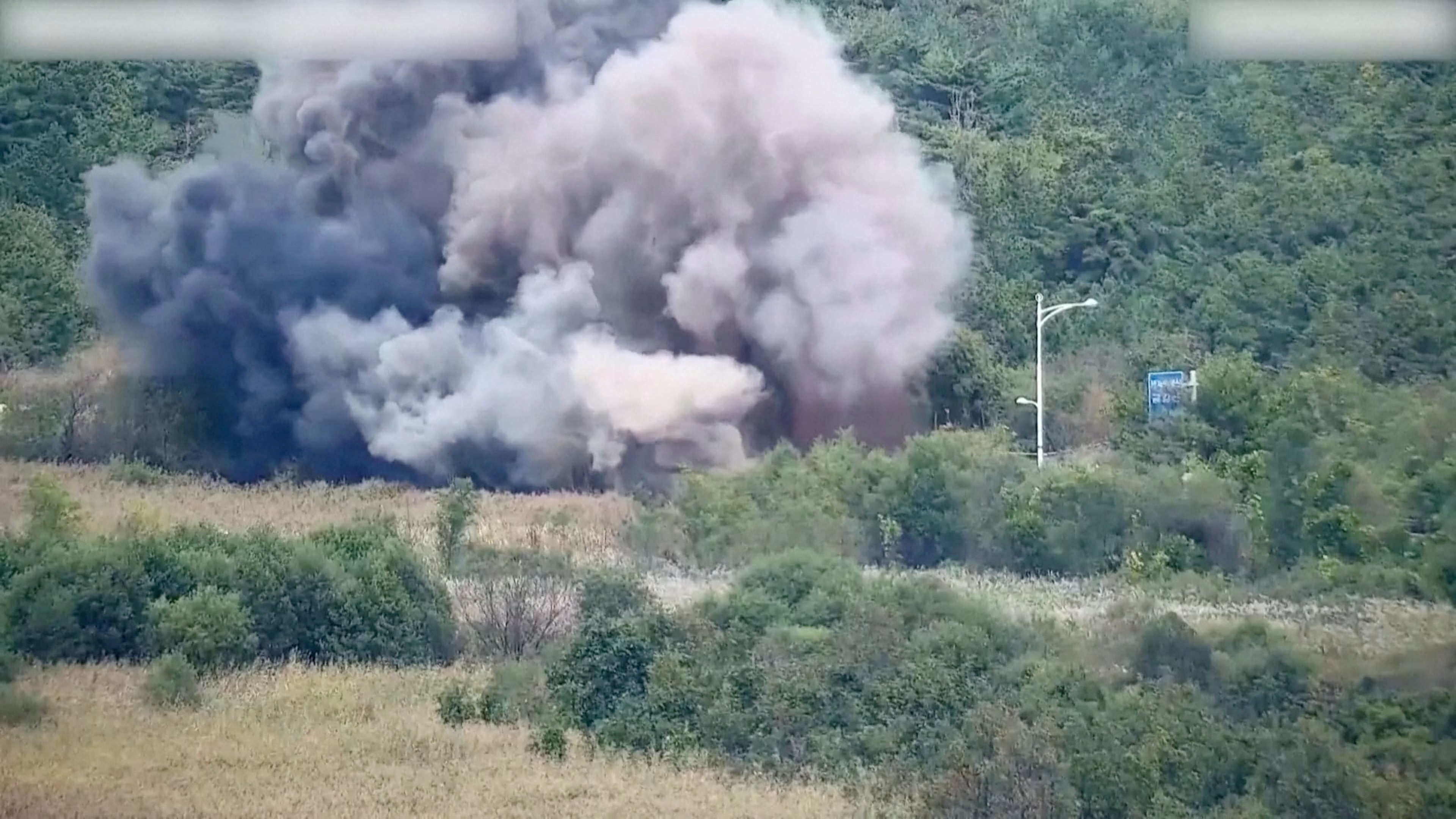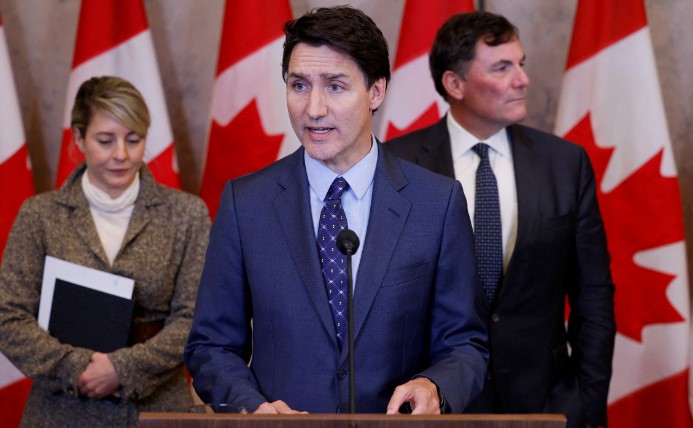WORLD NEWS

Israel's Prime Minister Benjamin Netanyahu has asserted that while the country will take into account the views of the United States regarding Iranian missile threats, its ultimate actions will be guided by its own national interests. This declaration comes in the wake of Iran launching approximately 200 missiles at Israel on October 1, a retaliation for the killing of key figures, including Hezbollah leader Hassan Nasrallah and Iranian military commanders.
Netanyahu's Statement
In an official statement, Netanyahu’s office emphasized that Israel listens to the United States but will make final decisions based on what it perceives to be in its best interests. The statement follows reports that Netanyahu assured U.S. officials that any Israeli counterstrike would target military sites only, avoiding critical nuclear or energy infrastructure to prevent a broader conflict.
U.S.-Israel Communication
According to the Wall Street Journal, this assurance was relayed during a recent call between Netanyahu and U.S. President Joe Biden, as well as discussions between U.S. Defense Secretary Lloyd Austin and Israeli Defense Minister Yoav Gallant. The plan to limit military strikes reportedly brought relief to Washington amidst escalating tensions.
Ongoing Conflict and Consequences
The situation remains dire as Israel has intensified its military operations in Gaza, resulting in over 42,000 deaths since the outbreak of conflict more than a year ago. The Pentagon has recently announced the deployment of the Terminal High Altitude Area Defense (THAAD) system to Israel, demonstrating the U.S.'s commitment to supporting its ally.
Biden has publicly stated his opposition to an attack on Iran's nuclear sites, fearing it could provoke a more significant conflict and involve U.S. forces. Israeli officials have vowed a "deadly, precise, and surprising" response to Iranian missile attacks, raising concerns about potential retaliatory strikes on Iranian oilfields, which could destabilize global oil markets.
Regional Implications
Gulf states have expressed apprehension regarding the potential fallout from an Israeli attack on Iranian targets, fearing that Tehran’s proxies could retaliate against their oil infrastructure if the conflict escalates.
Conclusion
As tensions between Israel and Iran continue to rise, the international community watches closely, anticipating how both nations will navigate this complex and volatile situation.




